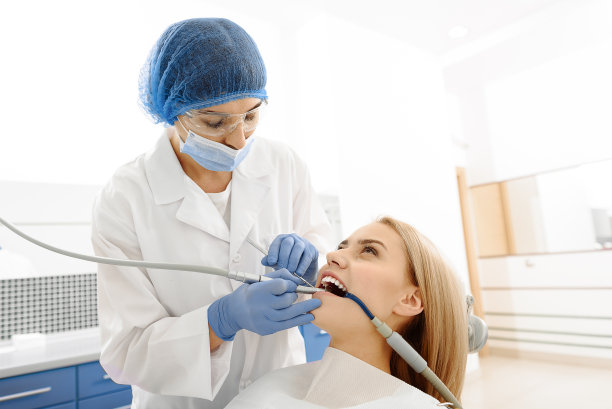Essential Precautions to Take Before and After Dental Filling Treatments for Optimal Oral Health
Summary: Dental fillings are essential for restoring damaged teeth and preventing further decay. However, before and after the procedure, certain precautions must be observed to ensure optimal oral health. This article highlights essential precautions regarding pre-treatment preparation, post-treatment care, dietary considerations, and regular follow-ups with your dentist. By following these guidelines, patients can enhance the effectiveness of their dental fillings and maintain stronger oral health in the long run.
1. Pre-Treatment Preparation for Dental Fillings

Before undergoing a dental filling treatment, it is crucial to prepare suitably to ensure a smooth procedure. First and foremost, communication with your dentist is key. Discussing any allergies, medications, or health conditions can help avoid any adverse reactions during the treatment.
Additionally, maintaining proper oral hygiene practices leading up to your appointment is vital. Brushing and flossing regularly can reduce the risk of complications, making it easier for your dentist to work on the affected area. A clean mouth also facilitates quicker healing post-treatment.
Lastly, consider arranging for someone to drive you home after the procedure, especially if sedatives are involved. Being prepared for the recovery phase can lead to a stress-free experience and allows you to focus on healing afterward.
2. Post-Treatment Care for Dental Fillings
The first few hours after a dental filling procedure are critical for proper recovery. It is advisable to avoid eating or drinking until the numbness from the anesthesia completely wears off, preventing accidental injury to your mouth.
After you can resume normal activities, its important to follow your dentists instructions regarding pain management. Over-the-counter medications may be recommended to help alleviate discomfort. Keeping the filling site clean is also essential; gentle brushing and rinsing can prevent potential infections.
Moreover, monitor the filling closely in the initial days. If you experience prolonged pain or sensitivity, contact your dentist to discuss your symptoms, as it may signify a need for further examination.
3. Dietary Considerations After Filling Treatments
Your diet plays a significant role in the healing process following a filling treatment. For the first 24 hours, it is advisable to avoid hard, sticky, or chewy foods that may dislodge or damage the new filling. Soft foods can ease the transition while ensuring minimal discomfort.
In the following days, gradually reintroduce a variety of foods but remain cautious with any items that could put pressure on the filling. Consuming cold or extremely hot foods may also cause increased sensitivity, so it’s best to be mindful of temperatures.
Hydration remains crucial too. Drinking plenty of water will help maintain oral health and facilitate healing. Just make sure that any beverage you consume is not overly acidic or sugary, as these can compromise both your filling and overall dental health.
4. Importance of Regular Dentist Follow-Ups
Engaging in regular check-ups with your dentist cannot be overstated when it comes to maintaining your dental fillings and overall oral health. Follow-up appointments allow your dentist to assess the effectiveness of the filling and catch any potential issues early.
Additionally, during these visits, your dental professional can advise you on the longevity of your fillings and recommend any necessary adjustments. It also helps you stay informed about the best practices for maintaining your dental work, ensuring a longer lifespan for your fillings.
Consistent visits enable your dentist to provide you with personalized tips for effective oral hygiene, tailored specifically to your dental history and condition. This proactive approach not only preserves the health of your fillings but also enhances your overall oral care routine.
Summary:
The considerations before and after dental fillings are vital for ensuring the effectiveness and longevity of the treatment. Proper communication with your dentist, following post-treatment care instructions, being mindful of dietary restrictions, and keeping up with regular follow-up appointments will greatly enhance overall oral health.
This article is compiled by Vickong Dental and the content is for reference only.



